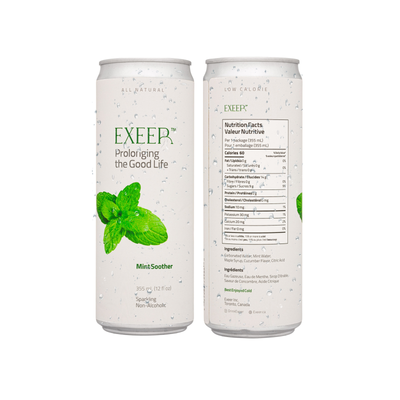Sip to Your Health: Exploring the Potential Health Benefits of Botanical Beverages

1. Herbal Teas:
a. Digestive Support: Certain herbs, such as peppermint and ginger, are known for their digestive benefits. Peppermint tea can help alleviate indigestion and bloating, while ginger tea may aid in soothing an upset stomach.
b. Relaxation: Chamomile and lavender teas are renowned for their calming properties. Sipping on these teas before bedtime can promote relaxation and support a restful sleep.
c. Immune Boost: Echinacea and elderberry teas are often consumed to boost the immune system and potentially help fend off colds and infections.
2. Infused Waters:
a. Hydration: Infused waters encourage increased water intake by infusing it with flavors from fruits and herbs. Staying well-hydrated is essential for maintaining overall health and supporting bodily functions.
b. Antioxidant Boost: Citrus fruits and berries used in infused waters provide a source of antioxidants that can help combat oxidative stress and inflammation.
3. Tisanes:
a. Rich in Nutrients: Tisanes like rosehip and nettle can be rich in vitamins and minerals, offering a natural way to supplement your diet with essential nutrients.
b. Heart Health: Hibiscus tisanes may contribute to cardiovascular health by potentially helping to lower blood pressure and reduce cholesterol levels.
c. Detoxification: Dandelion root tisanes are believed to have diuretic properties that support the body's natural detoxification processes.
4. Traditional Remedies:
Many botanical beverages have been used in traditional medicine for centuries. For example:
a. Turmeric: Turmeric-infused beverages, often combined with black pepper for enhanced absorption, are believed to possess anti-inflammatory and antioxidant properties.
b. Green Tea: Green tea contains compounds like catechins that are associated with various health benefits, including metabolism support and cognitive function.




